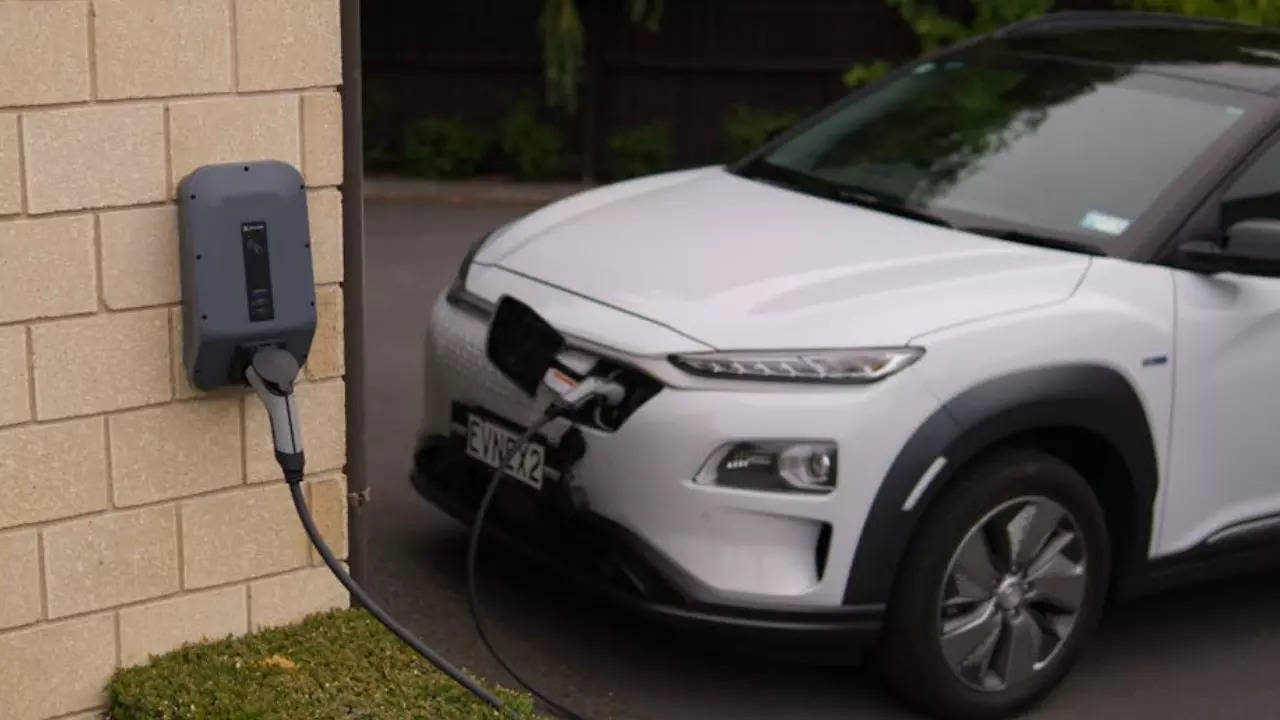Vinod Agarwal, President, SIAM and MD & CEO, VECV highlighted the importance of strong fiscal support for infrastructure, saying, “The liberal allocation for rural development & infrastructure of Rs 2.66 lakh crores is a welcome step that will boost the rural economy.”
He further noted the budget’s key measures for skilling and upskilling, support to manufacturing and employment generation, support to MSMEs—many of whom form the large supplier base for the auto sector—exemption of customs duty on import of lithium, cobalt, and other rare minerals, and extension of concessional customs duty on Li-Ion cells till March 2026, and withdrawal of the equalization levy of 2% on e-transactions. These announcements, he believes, would continue to propel the growth of the Indian auto industry.
Shradha Suri Marwah, President of ACMA and CMD of Subros, noted the budget’s role in driving sustainable growth, commenting, “The budget, a blueprint for Viksit Bharat, will drive sustainable yet inclusive growth, especially in the manufacturing industry, at a rapid pace,”
Conquering the Himalayas with the Volkswagen Virtus, Taigun | Volkswagen Experiences
“Focus on strengthening MSMEs through Credit Guarantee scheme and credit support during stress period, measures to bolster energy security and encouragement to start-ups by abolishing angel tax are indeed steps in the right direction. Further, the proposals for personal Income Tax will put more money in the hands of people thus fuelling consumption leading to economic growth.” she added.
Sirajuddin Ali, founder and CEO of Malitra India, emphasized the significance of enhancing road connectivity, stating, “The allocation of a substantial Rs 26,000 crore fund for enhancing road connectivity is a decisive step towards expanding electric vehicle (EV) accessibility into the rural areas of India.”
Uday Narang, Founder and Chairman of Omega Seiki, praised the budget for its visionary approach, saying, “Exempting import duties on critical minerals, including lithium, cobalt, and other minerals reduces battery manufacturing costs and makes electric vehicles more affordable.”
Ravi Machani, Co-Founder and Investor at Tresa Motors, commended the focus on upskilling, stating, “With the growing demand for expertise in areas like battery technology and power electronics, the budget’s focus on upskilling programs and industry-education collaboration is crucial in bridging the skills gap.”
Anupam Kumar, Co-founder & CEO of MiniMines, hailed the Critical Mineral Mission as groundbreaking, noting, “The reduction and exemption of customs duties on critical minerals such as lithium, cobalt, and rare earths will significantly boost domestic processing and refining capabilities.”
Akshit Bansal, CEO & Founder of Statiq, highlighted the waiver of import duties on key minerals, stating, “The waiver of import duties on key minerals like lithium is a significant step forward, expected to lower the manufacturing costs of EV batteries and, ultimately, reduce EV prices for consumers.”
Kunal Gupta, CEO and Co-founder of EMotorad, emphasized the importance of the government’s support for the EV industry as he said, “We are pleased with the government’s support for the EV industry by proposing exemptions for lithium, copper, and cobalt from customs duties. Additionally, MSMEs can benefit from collateral-free loans of up to 100 crores for machinery, and the new dedicated e-commerce export hubs are game-changers for manufacturers.”
Rajeev Chaba, CEO Emeritus of JSW MG Motor India, highlighted key budget decisions as he said, “The Honourable Finance Minister’s decision to waive import duties on critical minerals, including lithium, copper, and cobalt, is a step in the right direction for the electric vehicle industry. This move will reduce battery manufacturing costs, making EVs more affordable and attractive. Additionally, the government’s initiatives for job creation and investment in industrial training centres will ensure a skilled workforce in the automotive sector. “
Mahesh Babu, CEO of SWITCH Mobility, underscored the budget’s impact on the EV ecosystem as he said, “The budget’s import duty exemption for essential raw materials used in battery manufacturing is expected to support domestic cell manufacturers. By lowering the production costs for batteries, this measure has the potential to reduce the overall costs of electric vehicle acquisition.”
Rajeev Kapur, MD of Steelbird and President of the Helmet Manufacturing Association India, emphasized the budget’s support for the helmet sector as he said, “The budget 2024 is supportive of the helmet sector’s growth and innovation goals, with opportunities to contribute to improved road safety across the country. The new credit guarantee scheme for MSMEs, offering up to Rs 100 crore for collateral-free loans, will benefit smaller helmet manufacturers.”
Vikram Handa, MD of Epsilon Group, pointed out the benefits for the battery sector as he said, “The government’s proposal to fully exempt customs duty on critical minerals like lithium and nickel would definitely benefit industries in the electric vehicle battery supply chain in the short term. However, more needs to be done to develop cathode and anode manufacturing factories in India to development the EV ecosystem.”
Bharath Rao, Founder and CEO of Emobi, highlighted key budget measures as he said, “The Finance Minister’s decision to waive import duties on 25 minerals, including lithium, is a significant step forward for the manufacturing sector. This will reduce costs for manufacturing batteries, leading to more affordable electric vehicles for consumers.”
Vaibhav Kaushik, Co-founder and CEO of Nawgati, expressed his enthusiasm for the budget’s impact on startups as he said, “I am elated by the government’s decision to abolish the angel tax for all classes of investors. This move will now give the Indian startup ecosystem the needed boost, allowing us to attract international funding and expand our reach beyond national borders.”
Aakash Minda, Executive Director of Minda Corporation, praised the budget’s focus on growth as he said, “The FY25 budget is a progressive and forward-looking framework that creates a strong roadmap for India’s growth trajectory. A key highlight is the boost in the production-linked incentive scheme for automobiles and auto components, demonstrating the government’s strong support for the sector as a driver of economic growth and innovation.”


